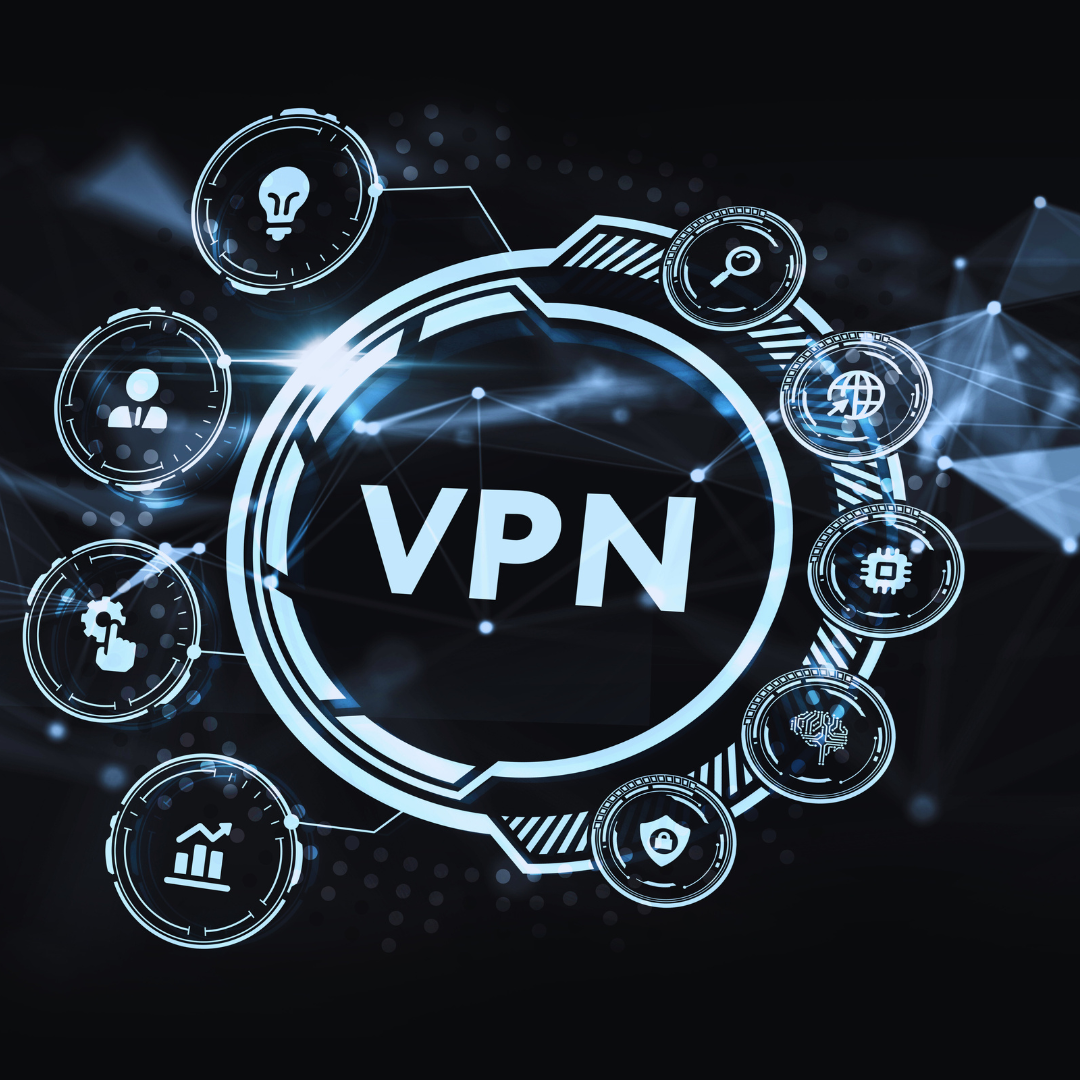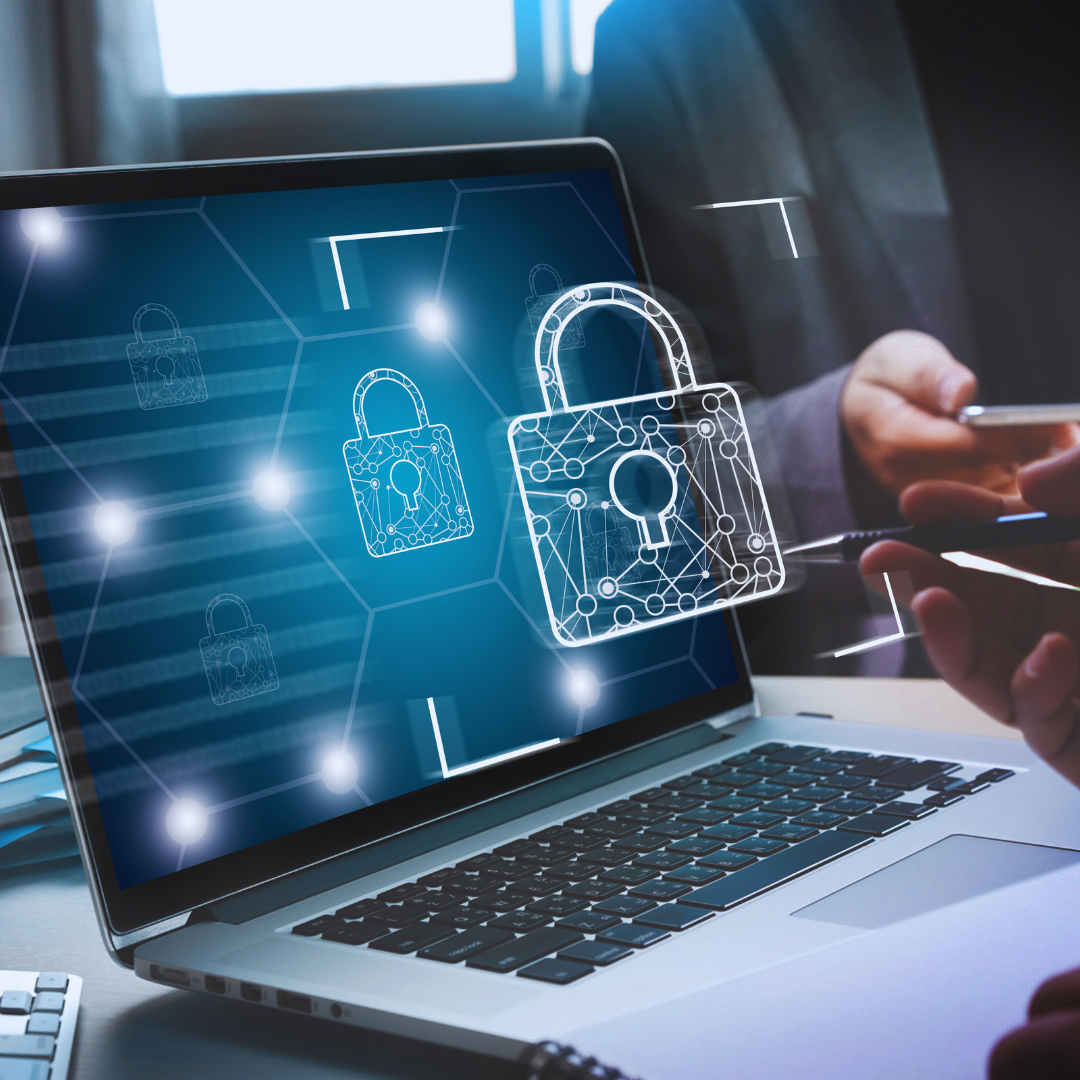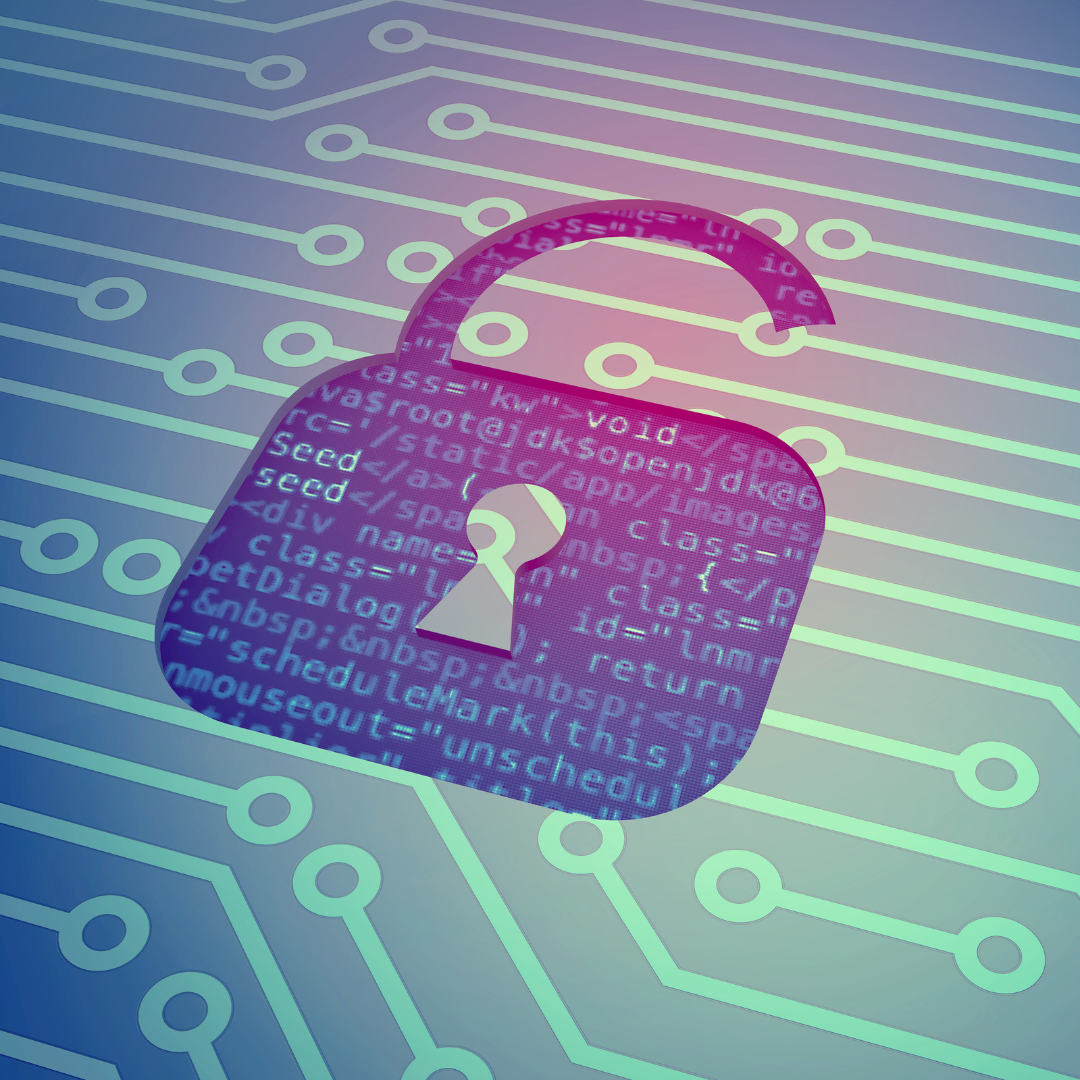In an increasingly digital world, the importance of online privacy cannot be overstated. Many individuals are concerned about how their personal information is utilised and whether their online activities are being monitored. A VPN, or virtual private network, serves as a crucial tool in protecting user privacy by encrypting internet traffic and masking the user’s IP address.
Using a VPN significantly reduces the risk of data breaches and identity theft, allowing individuals to browse the internet with greater confidence. It provides a layer of security that is essential in safeguarding sensitive information from potential threats, particularly when using public Wi-Fi networks. As concerns about digital surveillance grow, more people are turning to VPNs to maintain their anonymity online.
Choosing the right VPN can empower individuals to take control of their online presence. With various options available, understanding the key features that enhance privacy and security is vital. A well-chosen VPN can be an invaluable asset in navigating the complexities of online identity protection.
Understanding VPNs and Online Identity Protection
Virtual Private Networks (VPNs) play a crucial role in safeguarding online identity by providing secure and encrypted connections. They help maintain online anonymity and protect sensitive information from potential threats.
How VPNs Work
VPNs create a secure tunnel between the user’s device and the internet. This tunnel encrypts the data moving through it, making it incomprehensible to anyone who attempts to intercept it.
When a user connects to a VPN, their IP address is masked, appearing instead as the IP address of the VPN server. This not only protects the user’s location but also hides browsing activities from surveillance and tracking.
By routing internet traffic through a VPN server, the user can access restricted content while maintaining a layer of privacy. VPNs can be essential in protecting users on public Wi-Fi networks, where security risks are particularly high.
The Importance of Encryption in VPNs
Encryption is at the core of how VPNs secure data. Data encryption converts information into a coded format, which can then only be decoded with a specific key.
Common encryption protocols used in VPNs include OpenVPN, IKEv2, and L2TP. These protocols vary in strength and speed, offering users choices based on their needs.
Strong encryption means that even if data is intercepted, it remains unreadable. This provides peace of mind for users sharing sensitive information online, such as financial details or personal correspondence.
Differences Between VPN Types
There are primarily two types of VPNs: remote-access VPNs and site-to-site VPNs.
Remote-access VPNs allow individual users to connect to a remote server. This is ideal for consumers wanting to protect their online identity on unsecured networks or access geo-blocked content.
Site-to-site VPNs, on the other hand, connect entire networks to each other, often used by businesses. This type provides secure communication between multiple locations.
Additionally, there are consumer VPNs available that focus on individual user needs, emphasising privacy and ease of use. Each type serves distinct purposes and should align with the user’s specific requirements for online protection.
Key Benefits of VPNs for Online Privacy
VPNs offer multiple advantages for users looking to enhance their online presence and safeguard their personal data. These benefits include improved anonymity, protection against tracking, enhanced security for sensitive information, and the ability to navigate restrictions imposed by geographical locations.
Concealing Your IP Address for Anonymity
VPNs mask a user’s IP address, replacing it with one from the VPN server. This obfuscation aids in maintaining anonymity when browsing the internet. By concealing the real IP address, individuals limit their exposure to external surveillance and tracking by websites and advertisers.
This feature is crucial for those who wish to keep their online activities hidden. In addition, it reduces the risk of targeted ads based on browsing habits. Users can enjoy a more private browsing experience—free from intrusive cookies and data collection practices deployed by third parties.
Preventing Tracking of Browsing and Search History
VPNs significantly mitigate tracking by encrypting internet traffic. This encryption makes it nearly impossible for ISPs and data harvesters to monitor browsing and search history. By preventing the collection of this data, users take control of their online privacy.
Moreover, VPNs help in blocking annoying ads and invasive tracking scripts that can compromise user data. By keeping online activities private, users can browse without the constant pressure of being monitored. This environment fosters greater freedom and comfort while interacting with various online platforms.
Protecting Sensitive Information from Cyber Threats
The encryption methods employed by VPNs offer an additional layer of security against cyber threats. Sensitive information, such as passwords and payment details, remain safeguarded from malicious actors seeking to exploit weaknesses. Data breaches can have severe consequences; thus, maintaining security is paramount.
Using a VPN also aids in protecting against unsecured Wi-Fi networks commonly found in public places. These networks often present opportunities for cyber threats, making the use of a VPN essential for safeguarding personal information. With a VPN in place, users can access online services with greater confidence.
Bypassing Geographic Restrictions and Censorship
VPNs empower users to bypass geographic restrictions imposed by certain websites and platforms. By connecting to servers in different locations, individuals can access content that may be unavailable in their region. This capability is especially beneficial for those living in areas with strict censorship laws.
Furthermore, VPNs enhance online security by allowing access to obfuscated servers. These servers can help users avoid detection while accessing restricted content. This ability to manoeuvre around censorship enables a freer internet experience and promotes the flow of information across borders.
Choosing and Using a VPN Safely
Selecting and using a VPN requires attention to specific features, particularly in terms of privacy and security. Understanding how these elements interact enhances the overall protection of online identity and actions.
Essential Features of a Reliable VPN
When evaluating a VPN, consider features that ensure effective protection. Look for strong encryption protocols, such as OpenVPN or WireGuard, which safeguard data during transmission.
A no-logs policy is crucial; it guarantees that the VPN provider does not store user activity data. Additionally, ensure the VPN supports multiple platforms and offers a user-friendly interface.
Connection speed is another important aspect. A reliable VPN should maintain optimal performance while encrypting data. Features like split tunnelling can provide flexibility by allowing users to access local content while securing other online activities.
Understanding No-Logs Policies
A no-logs policy indicates that a VPN service does not track or store user activities. This is vital for maintaining anonymity and preventing third-party access to sensitive information.
It is important to read the provider’s privacy policy to verify claims regarding their no-logs stance. Look for independent audits or reports confirming compliance.
Some VPNs may still collect certain metadata; therefore, check whether the service shares information with any third parties. A truly effective no-logs policy will ensure that your online actions remain private, even from the provider.
Integrating VPNs with Other Cyber Security Tools
To enhance online security, integrating a VPN with additional cyber security tools can be beneficial. Antivirus software provides protection against malware and online threats, complementing the VPN’s encryption capabilities.
Using an ad-blocker alongside the VPN helps prevent malicious ads that could compromise security. This combination reduces exposure to potential vulnerabilities and attacks.
Incorporating threat intelligence services can also aid in identifying and mitigating risks proactively. Together, these tools create a more robust security posture, ensuring safe remote access to networks and safeguarding online identity effectively.
Legal, Regulatory, and Practical Considerations
VPNs play a significant role in navigating the complex landscape of legal and regulatory requirements surrounding online privacy. Awareness of compliance issues and limitations is essential, as well as understanding how VPNs can help mitigate risks associated with online fraud and data breaches.
Compliance with Privacy Laws
The adoption of VPNs must consider various privacy laws, such as the General Data Protection Regulation (GDPR) in Europe and the California Consumer Privacy Act (CCPA) in the United States. These regulations mandate how organisations collect, store, and process personal data.
VPNs can aid compliance by encrypting users’ internet traffic, making it harder for unauthorised entities to access sensitive information. However, users should choose VPN services that adhere to these laws and have transparent privacy policies. Non-compliance could result in significant fines and legal consequences for both users and VPN providers.
Challenges and Limitations of VPN Use
Despite their advantages, VPNs come with challenges that users must consider. Some jurisdictions impose strict regulations on the use of VPNs, limiting their effectiveness in those areas. Users may face penalties for using a VPN to bypass geo-restrictions or engage in illegal activities.
Moreover, not all VPN providers are created equal. Some may log user activity or have inadequate security measures, resulting in possible data breaches. It is critical for users to research and select reputable providers that prioritise privacy and data protection.
Reducing the Risk of Online Fraud and Data Breaches
Using a VPN can significantly reduce the risk of online fraud and data breaches. By masking a user’s IP address, VPNs make it challenging for cybercriminals to target individuals based on their location. This added layer of anonymity is crucial in protecting sensitive information.
VPNs also encrypt data, which prevents third parties from intercepting communications. This security measure is vital in safeguarding personal and financial details while using public Wi-Fi or unsecured networks. Users should combine VPN usage with other security practices, such as strong passwords and two-factor authentication, for comprehensive protection.




